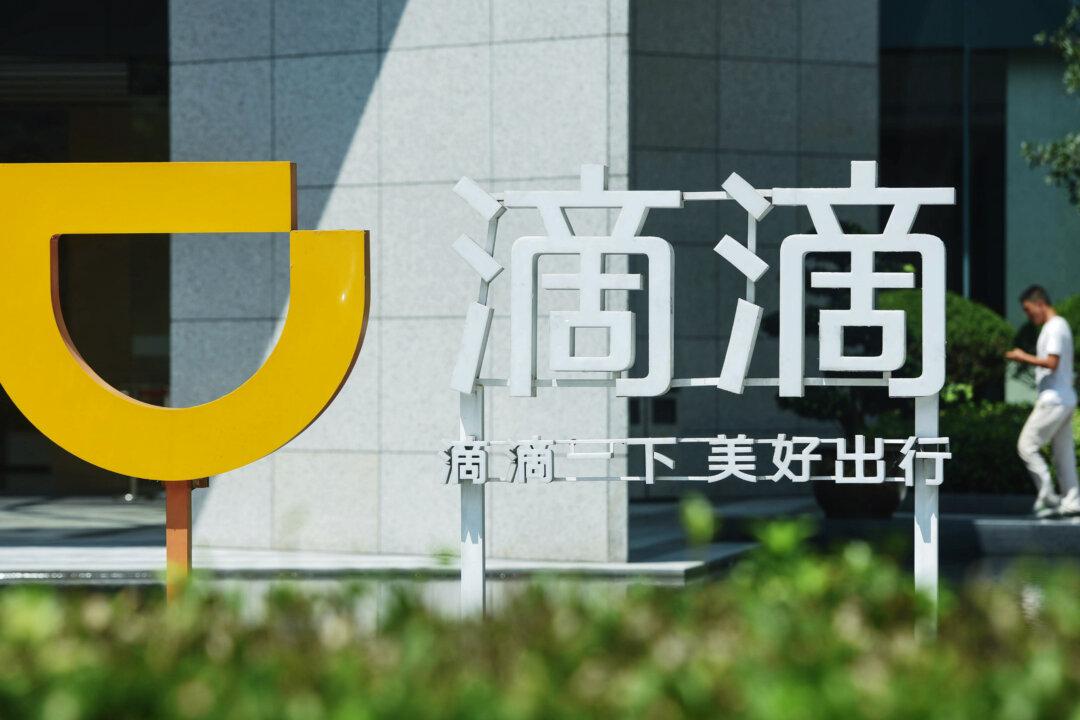WASHINGTON—Chinese companies are going public on U.S. stock exchanges at a record pace this year. China’s ride-hailing giant Didi Chuxing is the latest firm that’s poised to go public in New York, rebuffing an increased crackdown on U.S.-listed Chinese companies.
Didi on June 10 filed a prospectus for its initial public offering (IPO), with a plan to list its shares on either the New York Stock Exchange or Nasdaq.





